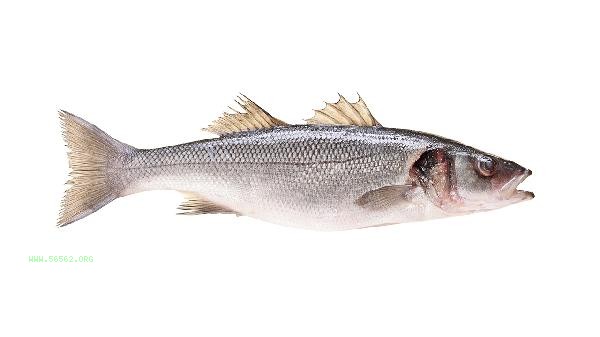Sea bass is rich in high-quality protein, unsaturated fatty acids, and various trace elements, which help enhance immunity, protect cardiovascular health, and promote brain development. The nutritional value of sea bass is mainly reflected in providing essential amino acids, regulating blood lipids, improving vision, delaying aging, and assisting bone health.

1. Providing essential amino acids
Sea bass contains abundant high-quality protein, and its amino acid composition is close to the human body's needs, making it easy to digest and absorb. Proteins are the basic substances that make up cells and tissues, involved in enzyme and hormone synthesis, and play an important role in maintaining muscle health and repairing damaged tissues. Moderate consumption of sea bass can help children grow and develop, as well as supplement protein loss for middle-aged and elderly people.
2. Regulating Blood Lipids
Sea bass has a high content of Omega-3 unsaturated fatty acids, which can reduce the levels of triglycerides and low-density lipoprotein cholesterol in the blood, while increasing high-density lipoprotein cholesterol. Long term moderate intake helps reduce the risk of atherosclerosis and has positive significance in preventing cardiovascular diseases such as coronary heart disease and hypertension.
3. Improving Vision
Sea bass is rich in vitamin A and DHA, two essential nutrients for visual function. Vitamin A is a component of retinal photosensitive substances, and its deficiency may lead to night blindness; DHA is the main structural fat of the retinal cell membrane, which can maintain normal retinal function. Regular consumption of sea bass can help alleviate eye fatigue and prevent age-related macular degeneration.

4. Delaying Aging
Selenium and vitamin E in sea bass have antioxidant properties, which can eliminate free radicals in the body and slow down cellular oxidative damage. Selenium can also activate glutathione peroxidase and enhance the body's antioxidant defense system. These ingredients work together to delay skin aging and reduce the likelihood of certain chronic diseases.
5. Assisting Bone Health
Sea bass contains a high amount of nutrients necessary for bone health, such as calcium, phosphorus, and vitamin D. Calcium and phosphorus are the main mineral components of bones and teeth, and vitamin D promotes the absorption and utilization of calcium. Eating sea bass for middle-aged and elderly people can help prevent osteoporosis, while moderate intake for teenagers is beneficial for bone development.

It is recommended to consume sea bass 2-3 times a week, with 100-150 grams each time. Steaming or boiling soup can maximize the retention of nutrients. When purchasing, pay attention to fresh sea bass with clear fish eyes, bright red gills, and firm flesh. People who are allergic to seafood should try with caution, and gout patients should control their intake. Paired with dark vegetables and whole grains, it can further enhance nutrient absorption efficiency. Maintain dietary diversity and avoid excessive intake of a single food.








Comments (0)
Leave a Comment
No comments yet
Be the first to share your thoughts!